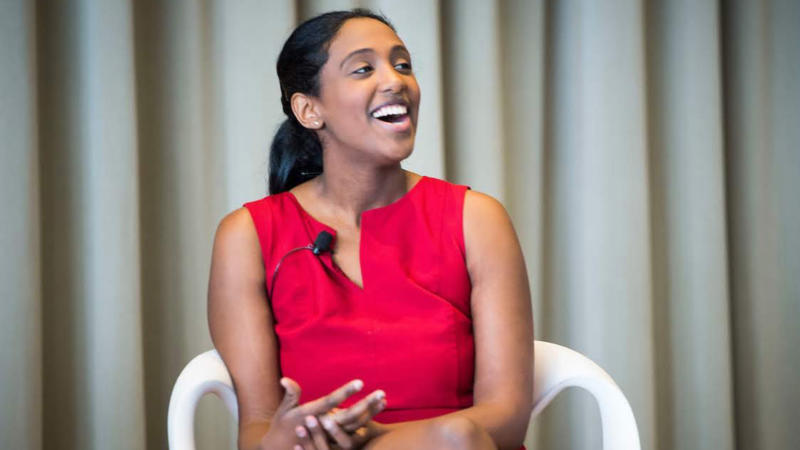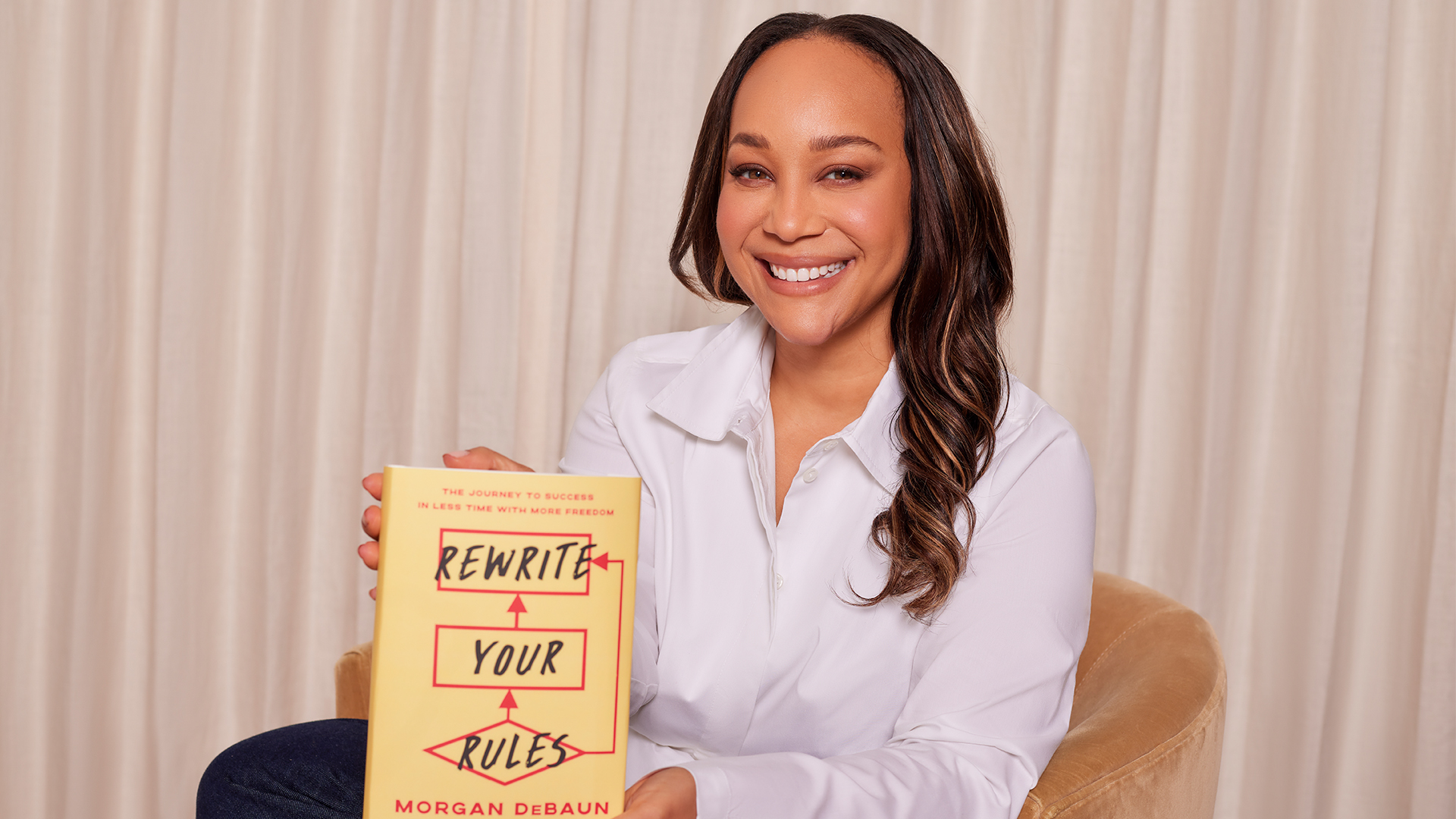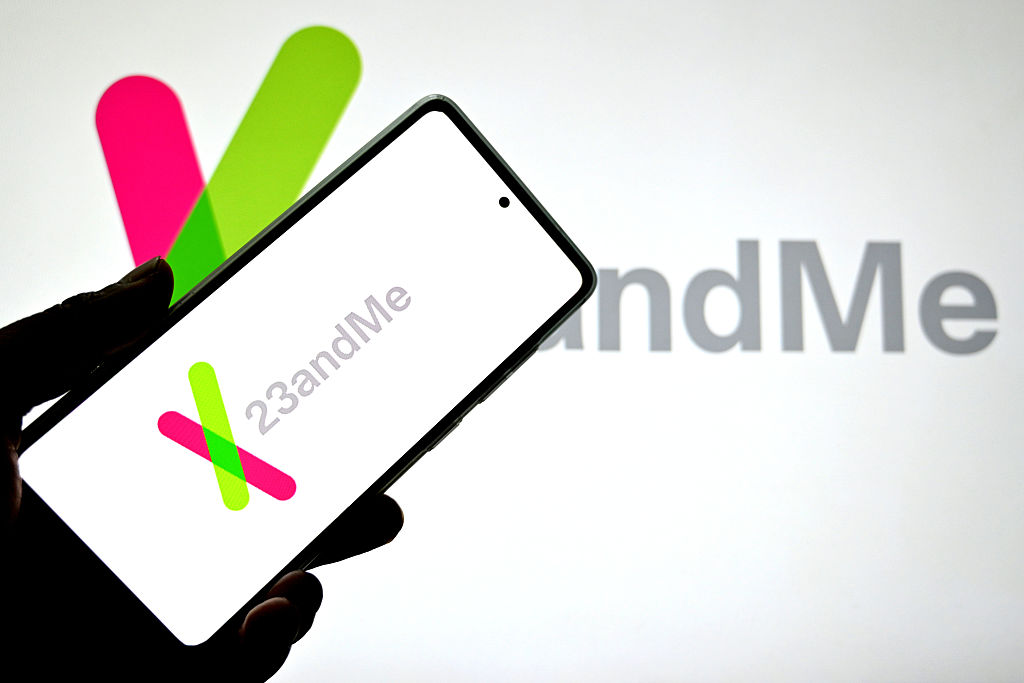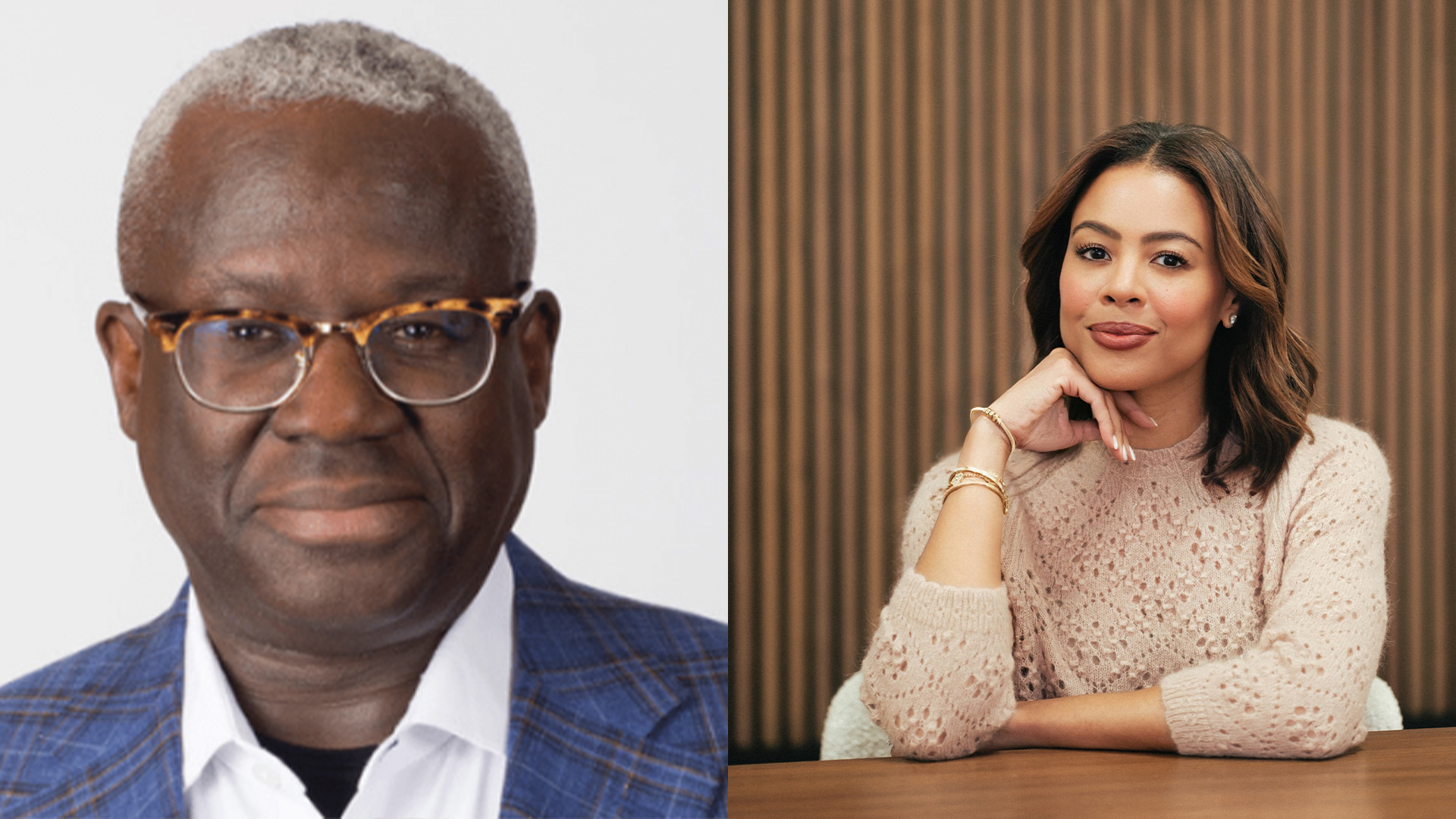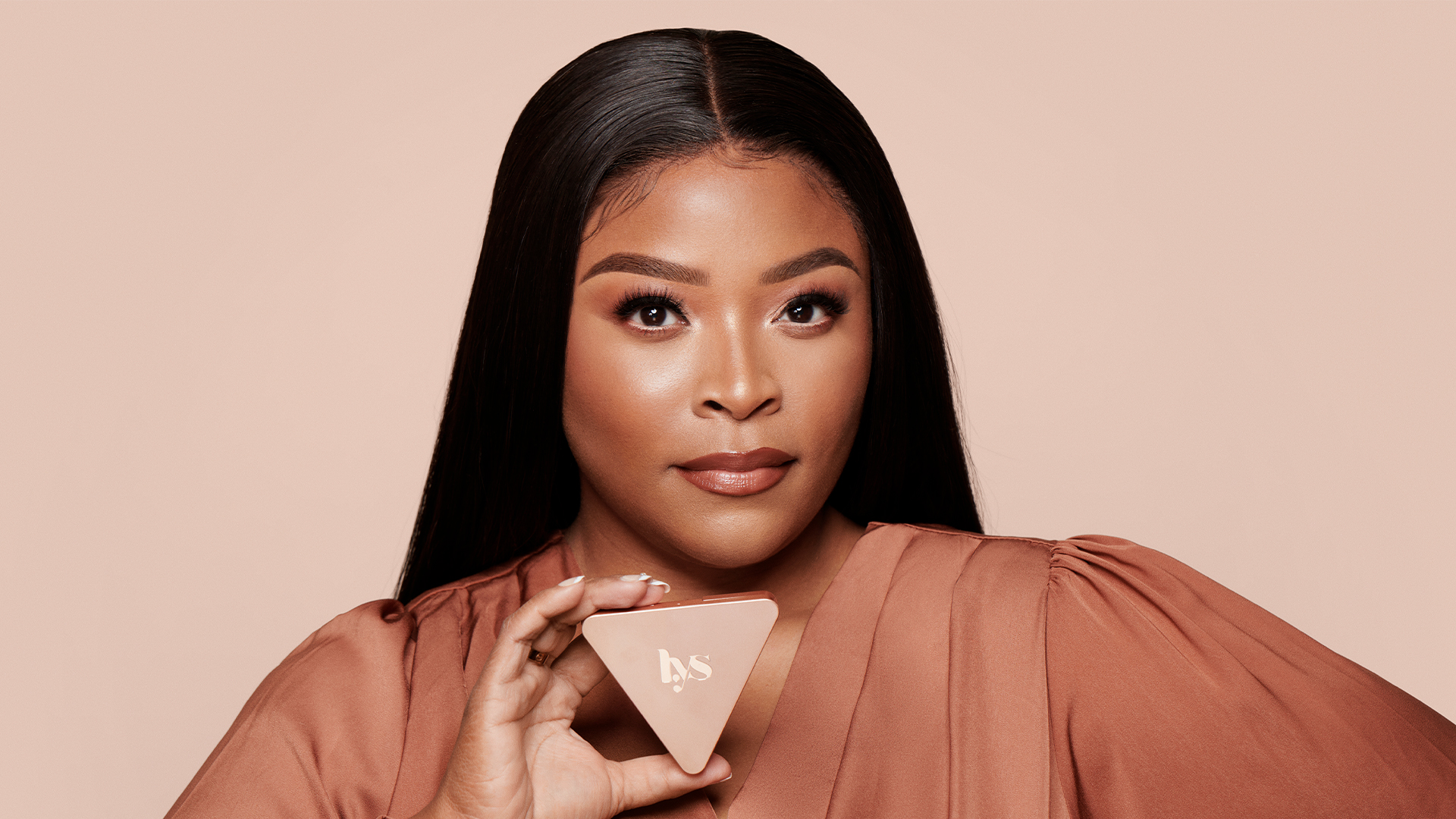Through Google’s commitment of promoting inclusivity at a global scale, the Black Googler Network (BGN), an employee resource group that cultivates Black talent, is one of the efforts spawned within the company’s continual mission. BGN’s Bserat Ghebremicael leads as the group’s Head of Experience to support Black Googlers along their journeys, as well as to help with inclusion and belonging at the tech giant.
From Intern To Founder
Ghebremicael’s path at Google started with an internship in 2016 and since then she’s transitioned through multiple roles that focus on the importance of diversity, equity and inclusion, as well as employee growth. Through over five years of building relationships across the company and exerting her own creativity in her roles, she has become a mastermind at creating new, refreshing ideas like “Hey, Sis!” — an internal online global community of Black women at Google.
In March 2020, Ghebremicael along with Rachel Chambers and Brittany Hayles founded the platform in response to COVID-19 and its impact on Black and brown communities. The individual leaders joined forces to amplify the stories and experiences of Black women at Google. Each of the three reached out to five Black women within their networks and asked for each of them to also share five Black women within their networks. The process snowballed into the initiative hitting 100 Black women from different ethnicities, sexual orientations, locations, etc. across Google globally.
“‘Hey Sis!’ was meant to essentially bring the community together and at least partially solve for that isolation that many of us were experiencing,” Ghebremicael told AfroTech. “The three Black women, myself included, came together and wanted to highlight some more incredible Black women at this company who just don’t get enough recognition. And it was also another way to reaffirm that we are here, we exist, we’re doing the work to make technology better and that we’re not just these unicorns that are made up.”
The stories from the 100 women were shared with not only Black Googlers but also allies within the company on an internal website, which crashed within the first few minutes of the launch due to its popular demand. Following the website’s success, the team was encouraged to include a nomination form for the 2021 edition — over 700 nominations have come in. What started off as an idea during a pandemic turned into a powerful platform to show the nuance and incomparable value of Black women from their skill sets to their voices.
Act Of Giving Back
In addition to the achievement of “Hey Sis!,” Ghebremicael organizes different initiatives to help support Black-owned businesses, Black-owned non-profits and more under her BGN role. Over the past year, she has helped in directing and raising close to $1,000,000 for different groups.
“I think that I do everything that I can to make sure that I’m giving back and recognizing that at least I can be a channel to help in driving some of the best people and some of the best resources to those that are underrepresented,” Ghebremicael said. “And, at the very least, I get them on a more equal playing field.”
The Road To Equity
Ghebremicael constantly aims to solve gaps through both her internal and external efforts. One of her current projects, Omna Tigray, hits close to home for the Tigrayan-American who has family in the region. Omna Tigray is a non-profit organization that advocates for victims of the ongoing genocidal war in Tigray.
As she leads its marketing efforts, her work for the nonprofit aligns with her work at Google for her overall mission of helping underrepresented communities chase what they personally define as triumphant stepping stones along their path.
“The reason why I do all of this between the work at Omna Tigray, as well as the work I’m doing at Google is because I’ve been privileged enough to be in these positions where I can help close some of the gaps that exist,” she said. “And recognizing that Black people have the skill sets and the ambition, but they just don’t have the same types of connections and resources to be on a leveled playing field. So, I take every chance I get to support those that are marginalized and are doing everything they can to pursue their own definitions of success, survival, safety and stability as parts of their rights to self-determination as well.”
